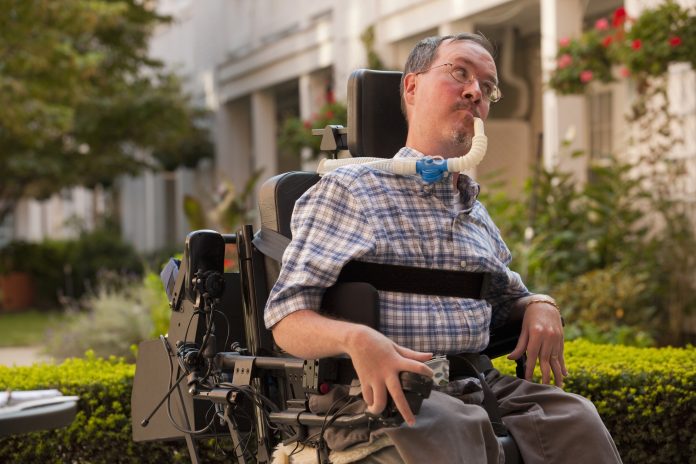
REGENXBIO has already dosed the first patient in the next phase of the pivotal trial of its gene therapy RGX-202 for Duchenne muscular dystrophy (DMD). Based on positive Phase I/II results, this week the company received FDA approval for expanding to a Phase I/II/III. They also received access to accelerated approval and expect to file a BLA in 2026.
RGX-202 is an investigational gene therapy that uses a novel microdystrophin construct. In the Phase I/II trial, RGX-202 recipients did far better than natural history and established benchmarks for clinical outcomes. Functional improvements were seen in all patients treated with dose level 1 and dose level 2 at 12 and nine months respectively. The drug also had a favorable safety profile at both dose levels.
This now makes REGENXBIO the biggest threat to Sarepta Therapeutics and its FDA-approved gene therapy Elevidys (delandistrogene moxeparvovec-rokl). In its third-quarter earnings report, Sarepta reported $190.5 million in worldwide sales for Elevidys.
“There remains a critical need for new therapeutic options for patients with Duchenne muscular dystrophy,” said Aravindhan Veerapandiyan, MD, child neurologist , Arkansas Children’s Hospital. “I am very pleased to see the advancement of the RGX-202 program to the pivotal stage, which offers promise for a broader patient population and am highly encouraged by the functional data presented today demonstrating RGX-202’s potential to alter the course of the disease. The safety, functional, and biomarker data shared today reinforce the positive feedback from families, highlighting improvements in patients’ daily activities and underscoring the potential benefits of this treatment.”
“The initiation of our pivotal trial and newly released positive functional data are exciting milestones on our path to rapidly deliver RGX-202, the only next generation gene therapy in pivotal phase, to the Duchenne community,” said Curran M. Simpson, president and CEO of REGENXBIO. “The totality of our data demonstrates that RGX-202 provides evidence of improving outcomes for boys with Duchenne and altering the trajectory of this devastating disease, with consistent, robust expression of our novel microdystrophin translating into significant clinical benefit.”
He added that, “Based on the strength of the Phase I/II data and our positive discussions and alignment with the FDA, we are quickly advancing RGX-202 toward a BLA filing in 2026 using the accelerated approval pathway. We continue to evaluate opportunities to expand the RGX-202 program to benefit Duchenne patients worldwide.”
Specialized testing documented improvements in function. In the Phase I/II trial, in all five participants, across both dose levels, RGX-202 positively impacted the disease trajectory. Patients showed stable or improved function on the North Star Ambulatory Assessment (NSAA) and timed function tests. Results were measured against external natural history controls matched for age and baseline function. Those who received the larger dose showed improved performance on NSAA and timed function tests at nine months, exceeding natural history controls. The NSAA mean score at this dose improved by 5.5 points.
The company also shared new biomarker data showing consistent, high expression and transduction of RGX-202 microdystrophin. They found RGX-202 was appropriately localized to the sarcolemma, showing it is appropriately targeting the muscle. In patients aged eight and older, they found the highest reported levels of microdystrophin expression across approved or investigational gene therapies for DMD.





